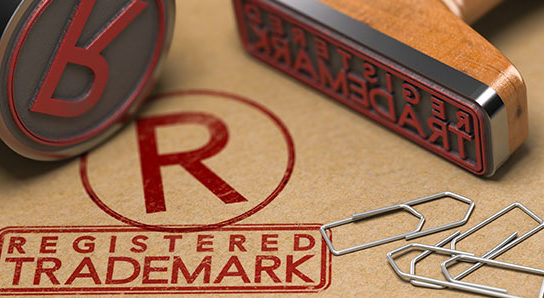Patents grant the intellectual property rights of inventions to their inventors. Patents protect inventors from having other entities use and produce their inventions without their consent. Patents are extremely common, with the US Patent and Trademark Office registered its 10 millionth patent in 2018.
There are several kinds of patents. These include utility patents, plant patents, and design patents. Utility patents are by far the most common and are for products. Plant patents are for genetically engineered plants and are uncommon outside of the agriculture sector. Design patents are for a product’s physical appearance. Utility patents and plant patents are typically good for 20 years. Design patents by contrast, expire after 14 years.
Patents can be extended in situations in which an inventor is awaiting regulatory approval for a product. This usually applies for human and animal pharmaceuticals, food and color additives, and other products regulated by government agencies. In rare cases, when there are interference proceedings, appellate reviews of patent validity, and the failure of the USPTO to issue a patent within three years, a patent extension of five years can be granted.
Well designed patents are very specific so they can hold up against attacks from competitors. Weaknesses in patent design always result in a narrower scope of protection. Inventors should pay careful attention to the jurisdiction where they file for patent protection, as it can registration and maintenance costs. International patent applications are not as complex as many would suspect due to the Patent Cooperation Treaty. If an inventor wishes to sell his or her patent, it can be difficult to determine a fair price because of the uniqueness of the patent.
When filing for a patent, it is also important to understand that receiving a patent does not mean the process is finished. Additional fees must be paid at various times after patenting.
Common Misconceptions
Owning a patent does not give an individual or corporation the right to use and sell an invention, it only prevents other corporations from using the same invention. Contrary to popular belief, inventors do not need to have prototypes before filing for a patent. They only need to be able to describe their product in thorough enough detail that someone in the field could assemble the product with no or limited experimentation. While it would be unwise for a competitor to produce a product which had a patent pending on it, a pending patent cannot stop them from doing so. The patenting party can, however, sue retroactively if the patent is approved. Although patent searches are smart, in order to make sure the product being patented has not been done before, they are not required.
High Profile Patent Cases
Some of the most important high profile patent cases have taken place in the pharmaceutical and technology industries. The three cases with the largest payouts have taken place since 2013. Each had a payout in excess of $2 billion. In 2013, Teva Pharmaceuticals (TEVA) and Sun Pharma had to pay Pfizer a combined $2.15 billion after they marketed a generic version of Pfizer’s drug Protonix in 2007 and 2008 when Pfizer’s patent lasted until 2011. In 2016, Gilead Sciences Inc. had to pay Idenix $2.54 billion for its use of a patented treatment for Hepatitis C. This case was significant because instead of asking for damages as lost profits, Idenix simply demanded (and received) payment as a 10% royalty of Gilead sales. Most recently, in 2021, Intel had to pay VLSI Technology $2.18 billion for infringing on 8 separate chip-making patents.
Consult with Intellectual Property Attorney today to discuss all the issues when it comes to patents.
Law 4 Small Business, P.C. (L4SB). A little law now can save a lot later. A Slingshot company.



